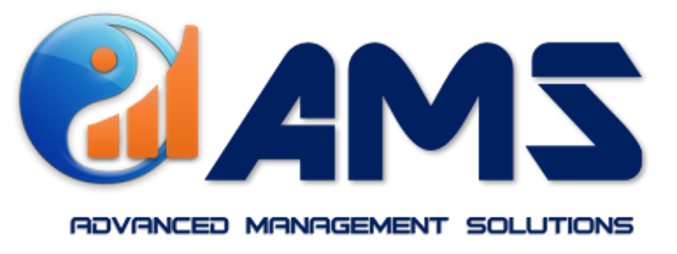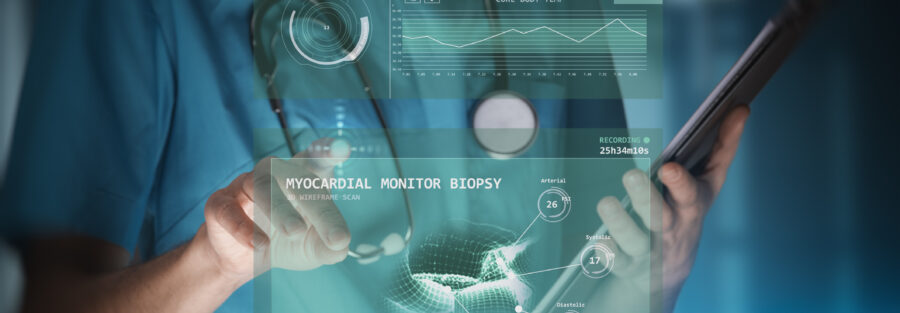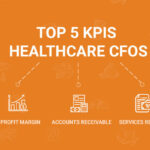At present, the US healthcare industry alone spends $2.914 trillion annually. Moreover, there are around 16,792,074 workers in the United States. Healthcare is one of the world’s most vital sectors and due to the increasing level of demand in some branches of healthcare, reducing unnecessary expenditure and enhancing overall output and efficiency has never been more important. In some cases, these kind of improvements could mean the difference between life and death.
Fortunately, we are living in the midst of a digital revolution where it’s possible to use a wealth of accessible data to our advantage – and for hospitals, hospices, medical centers, homecare operators, and palliative care professionals, producing and working with a healthcare report is the answer. After already writing about the impact of Big Data in healthcare, we’re back with the importance of reporting in this industry!
According to a recent study, 63% of referring physicians are dissatisfied with their current referral process as a result of poor informational punctuality and inferior referral letter content. Also, 86% of errors made in the healthcare industry are administrative – an alarming discovery, to say the least.
Healthcare reports can help reduce errors, enhance the acquisition of vital patient data, reduce needless expenditure, and improve healthcare processes exponentially. Like many of today’s most important industries, digital data, metrics and KPIs (key performance indicators) are a part of a bright and prosperous future – and a comprehensive healthcare report has the power to deliver in each of these critical areas.
Why Healthcare Reporting Is Needed
Healthcare analytics are critical to the ongoing success of any organization operating within this broad and invaluable sector.
By leveraging a mix of advanced healthcare KPIs, insights and online reporting tools, it’s possible to not only obtain accurate facts that will benefit your organization, but this level of data can also lead to the discovery of fresh insights that can eliminate inefficiencies and achieve better health outcomes for your patients.
As a branch of business intelligence in the healthcare industry, healthcare reporting collects from these following four primary areas within the sector:
- Insights into claims and operational costs
- Metrics associated with pharmaceutical and research and development
- Clinical data gathered from continual patient care, electronic healthcare records (EHRs), and trials
- Important stats on patient behavior
The Benefits of A Healthcare Report
By tracking these key insights and setting key performance indicators, your healthcare organization stands to benefit a great deal. Here are some notable examples of using business intelligence in healthcare:
Preventative management
One of the most striking elements of healthcare reporting and analytics is the ability to harness the power of historical and current data to spot potentially fatal medical issues in patients before they occur. This branch of predictive analytics in the healthcare sector is pivotal to enhancing the quality of patient care and improving mortality rates.
Disease monitoring
Elaborating on our previous point, the predictive analytics and insights found in healthcare reports can also help in placing surveillance on potentially large scale disease outbreaks, again by using a mix of past and present metrics or insights to ensure that the correct course of action or preventative measures are taken to control or contain the situation.
Cutting down unnecessary costs
As mentioned, healthcare reports can also make healthcare operations far more economically efficient. By collecting and analyzing the metrics associated with your organization’s daily healthcare expenditure in all primary areas from catering right through to patient medicine, data analysts can help medical institutions streamline their budgeting processes and make alterations or substitutions based on safety, ethics, and trust.
Diagnostic and therapeutic techniques
Earlier, we touched on a severe lack of accessible or timely patient data, as well as an alarming rate of administrative errors. Hospital analytics and reports give organizations the power to amalgamate clinical, financial, and operational data that determines the efficiency of their various processes, as well as the state of their patients, and the productivity of their healthcare programs. By gaining access to these insights, a healthcare institution can gauge which processes aren’t generating desired outcomes, significantly improve wellness programs, and ultimately, reduce readmissions numbers.
Patient wellbeing
Healthcare report data can assist hospitals in offering information on individual patient basis. By doing so, a healthcare institution can give their patients tailored advice on how they can maintain a healthy lifestyle based on their medical data and biometric vitals. Not only is this priceless to providing superior levels of patient aftercare, but again, it’s also a giant leap in helping to reduce readmission rates.






